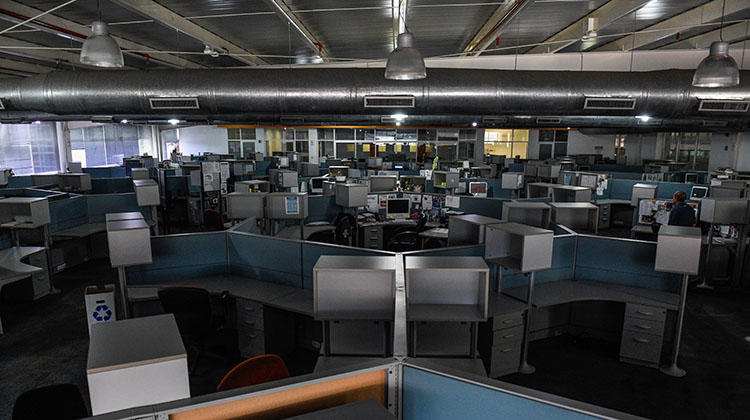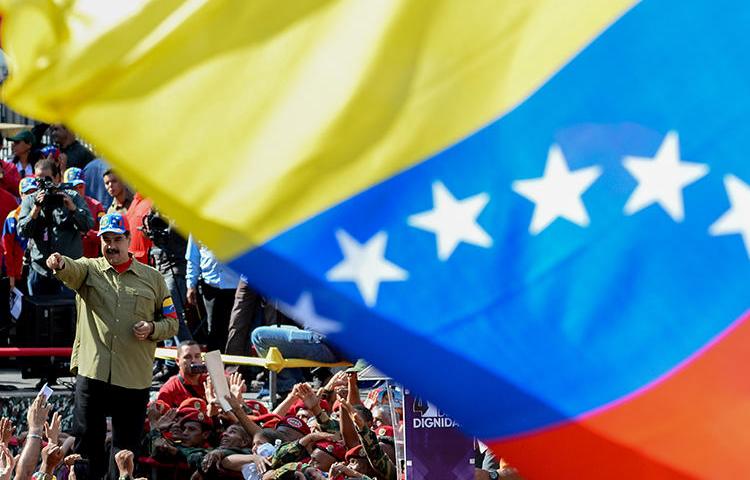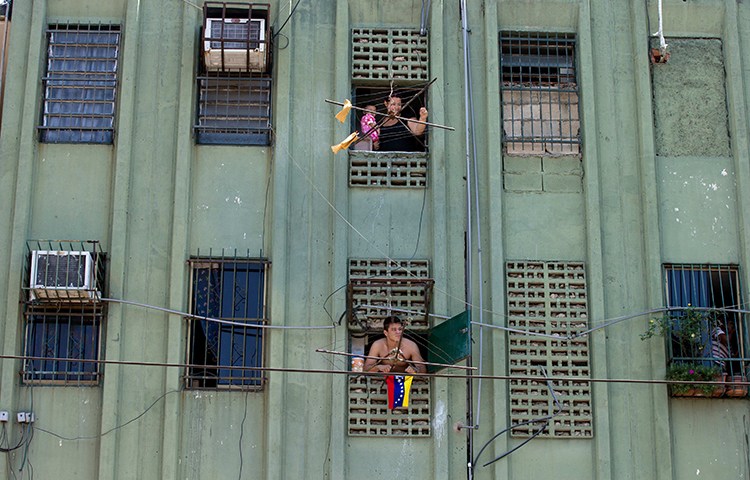
Lawsuits and economic crisis drive Venezuela’s journalists into exile
When Ewald Scharfenberg, the founding editor of the Venezuelan investigative news website Armando.Info, holds editorial meetings, he pulls out his mobile phone. That’s because most of his reporters are in Venezuela while Scharfenberg lives and works in neighboring Colombia.

Venezuela’s anti-hate law provides Maduro with another tool to intimidate the press
In what journalists fear could be a taste of things to come, Venezuela’s new anti-hate law was enforced for the first time against a news organization on January 30, when Yndira Lugo, the editor of Diario Región, was called before government agents for questioning.

End of the print run for Venezuela’s regional press as supplies dry up for critical outlets
The lobby of El Carabobeño includes a display of vintage cameras, engraving plates and paper cutters from the 1930s when the newspaper was founded in Valencia, Venezuela’s third-largest city. But now El Carabobeño’s modern printing press could be added to the exhibit.